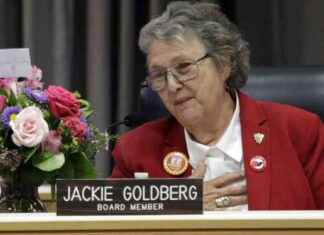Dorothy Parker had one. So did Teddy Roosevelt, Winston Churchill’s mother and my father, a Navy man.
I’m talking tattoos, the vivid subject of a New-York Historical Society show that features objects, drawings and photographs as well as actual artists at work. (Demonstrations are Fridays from 2 p.m. to 8 p.m., Saturdays, noon to 6 p.m.)
Don’t roll up your sleeves just yet: The tattooists are bringing their clients with them. If you’re not squeamish, you can watch.
There’s a lot to look at in “Tattooed New York,” an ambitious exhibit spanning 300 years, beginning with Native Americans, who believed the right markings had healing power, and moving on to today’s mastectomy survivors, who use designs to reclaim beauty after loss.
As curator Cristian Petru Panaite discovered, New York, its ports flush with sailors, became the capital town of tattoos. From its earliest years, the US Navy was awash in ink, its bored and/or inebriated sailors getting themselves marked with American eagles and naked ladies. When, in 1909, the Navy banned bawdy images, local tattoo artists Supertotobet made a fortune covering them back up.
There were even more illustrated men and women at Coney Island’s sideshows and at the 1939 World’s Fair. It was there that people gawked at Betty Broadbent, who had Charles Lindbergh imprinted on one leg, Pancho Villa on the other. There’s even a video here from the Marx Brothers’ “At the Circus,” with Groucho crooning “Lydia the Tattooed Lady.”
Though New York City outlawed tattooing in 1961 after an outbreak of Hepatitis B, the ink continued to flow — albeit underground. By the time the ban was lifted, in 1997, a new generation had embraced the art of self-decoration. What was once a mark of rebellion had become mainstream.
Don’t be surprised if you find yourself itching to get inked: Panaite says he got two tattoos while curating the show. “It hurt a lot more than I thought it would,” he says.
We can only wonder what compelled Parker to have a blue star by her elbow; Roosevelt to have his family crest tattooed on his chest; and Churchill’s mom, a bracelet on her wrist. As for my sailor dad: He was barely 18 when he had roses tattooed on each forearm, a tribute to his mother, Rose.
She hated them.
“Tattooed New York,” through April 30 at the New-York Historical Society, 170 Central Park West; nyhistory.org.
Our editors found this article on this site using Google and regenerated it for our readers.






